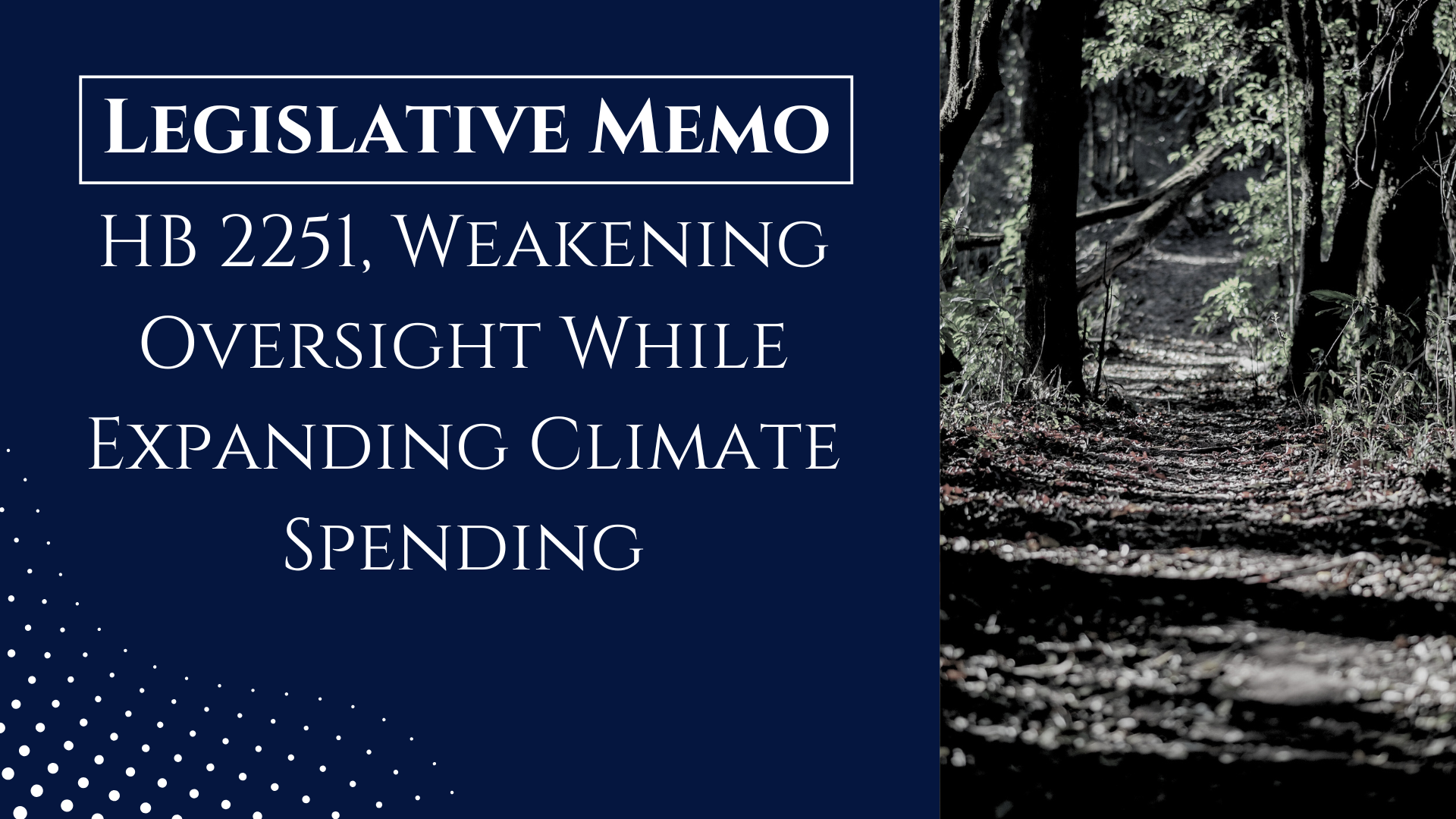When it comes to spending the roughly $1 billion a year under the new carbon tax proposal/Initiative 1631, who would make the decisions? Would it be the new 15-member board, 14 of whom would be unelected? Or would it be the legislature?
That is a key question if 1631 is going to actually meet the environmental goals supporters claim it would achieve. And supporters of I-1631 are saying different things.
Some I-1631 supporters say the legislature will ensure success. One Seattle Times columnist noted that the work of the board, “will be scrutinized, fact-checked, scrubbed and monitored for performance by the state Legislature, which ultimately holds the purse strings.” Legislators who back 1631 agree, arguing they make the final call on all expenditures. Don’t worry – politicians will be in charge!
There is at least one person, however, who thinks this is not a good idea: Governor Inslee. In his editorial board meeting with the Everett Herald, the Governor warned that the legislature would undermine the effectiveness of Initiative 1631. He told the board (19:40 of the video), “With all due respect I’ve seen the legislature sweep all the things in the environmental accounts we’ve previously had. There is some good reason not to totally trust the legislature with our hard-earned cash in this deal. Because when we’ve done it in the past with the MTCA fund, they’ve stolen the money and spent it on everything else.”
This is a point we’ve made in the past. Although 1631 claims the money will be spent on projects that promote “clean energy,” the legislature swept all the funding from the existing Energy Freedom Account and spent it in the General Fund. Rather than focus on projects that effectively reduce CO2 emissions, they can choose politically popular – but ineffective – approaches or use the money for other purposes entirely.
Of course, this isn’t the only problem. The language of the initiative itself is full of suggestions for projects that are simply about rewarding liberal special interests (like special preferences for some unions) and social engineering (like using money to establish toll roads). The initiative also bans funding for existing private projects that reduce CO2 emissions, which are some of the most effective approaches that exist. These provisions are about ideology, not effectiveness.
Rather than put meaningful restrictions on how the money should be spent, and provide accountability for failure, the groups that wrote 1631 chose to give themselves the ability to spend taxpayer money however they want. Supporters who say, “don’t worry, the legislature will make sure it works” are putting their faith in legislators – an approach even Governor Inslee admits is dubious.






